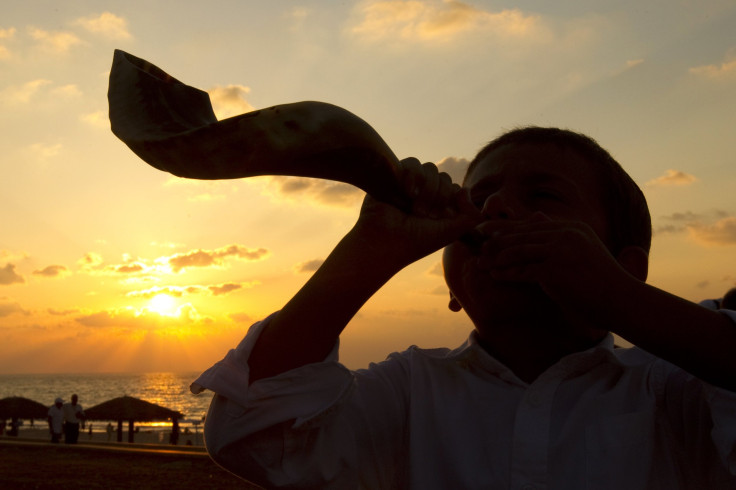What Is Yom Kippur? 11 Quick Facts You Should Know About The 2015 Jewish Day Of Atonement

Yom Kippur begins Tuesday at sundown and lasts until dark the following day. It's a time set aside in the Jewish calendar for atonement for one's sins and reflection on the preceding year as well as the year ahead. It is considered one of the most important holidays, and many Jews who do not regularly observe other Jewish practices go to synagogue and fast on Yom Kippur. Here are some important facts about Yom Kippur:
1. Many believe one's actions from the past year are sealed after Yom Kippur. The day is a time for repentance.
2. The 10 days that precede Yom Kippur are called the Days of Repentance. It's a period of time meant for introspection.
3. Many Jews choose to follow a tradition of wearing white clothing on Yom Kippur, symbolizing purity and a Biblical promise that sins that are repented shall be made white as snow.
4. Many Jews fast a full 26 hours for Yom Kippur. Anyone who cannot safely fast -- including pregnant women and children -- are exempt.
5. Work is considered forbidden during Yom Kippur.
6. Many Jews refrain from washing or bathing, using cosmetics or deodorant, or wearing leather shoes. Sexual relations during Yom Kippur are not permitted, either.
7. Many observant Jews spend much of the holiday at the synagogue. Services include readings from the Torah.
8. Services close with the blowing of the shofar, a ritual musical instrument made of a ram’s horn.

9. Disobedience toward God requires repentance; atonement for one's wrongdoing toward other human beings often requires apologies.
10. Some religious Jews wave a chicken over their head three times while reciting prayers, and then slaughter the chicken, donating the meat or its monetary worth to the poor.
11. Many families hold a festive meal with relatives and friends to break the fast.
© Copyright IBTimes 2024. All rights reserved.






















